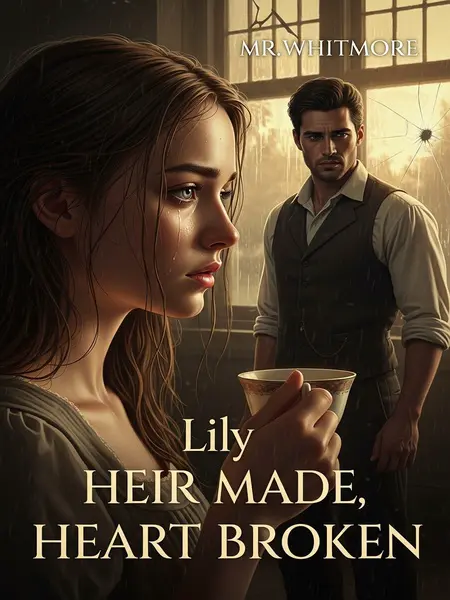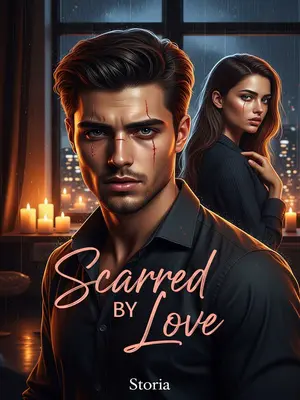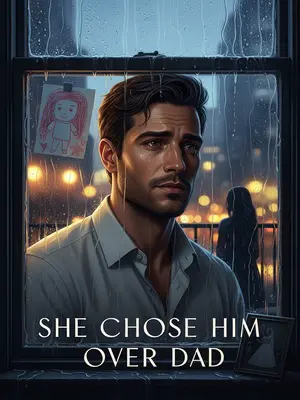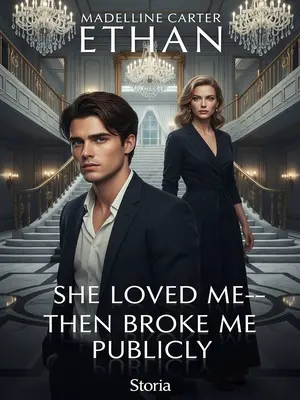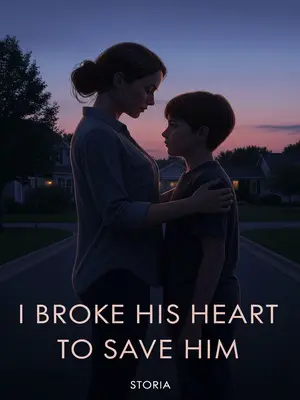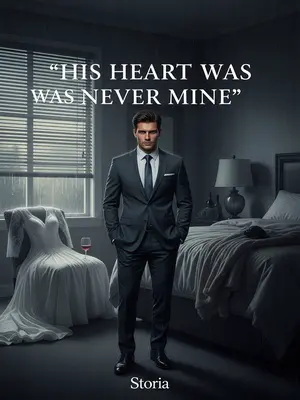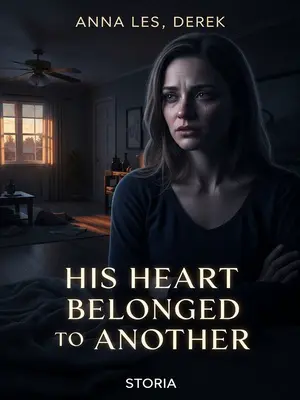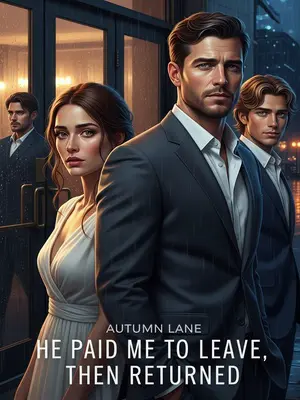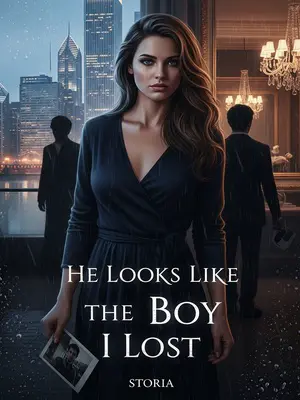Chapter 2: Cast Ashore by Fate
Before I entered the Whitmore estate, my name was Mariah Shore.
Mariah—like the wind off the water, my mother used to say. And Shore, because we belonged to the edge of things, never quite land or sea. That always felt right to me. It was a name that fit me best before I learned to hide behind others.
I was born by the Atlantic in a tiny Georgia fishing town. My father was a fisherman, my mother a diver.
Our trailer sat on cinder blocks, salt air rusting the hinges, the porch sagging under the weight of years. The Atlantic was our backyard—gray and wild, full of promise and danger. My father’s hands always smelled of brine, my mother’s of sun and sweat.
When my mother was pregnant with me, my father went out on his boat, got caught in a hurricane, and never came back.
The storm that took him left the town battered, roofs torn off, shrimp boats smashed on the rocks. Folks said it was the worst in twenty years. My mother waited by the docks for three days, her eyes fixed on the horizon, but his boat never returned.
The sea keeps what it wants, the old women whispered.
When I was born, and turned out to be a girl, my uncle said the line ended with me, kicked my mother and me out, and took over our rundown trailer.
He didn’t even look at me. Just spat on the ground and told my mother to pack her things. We left with a single suitcase and a photo of my father, the rest left behind for good. The town didn’t blink; it was just another story of bad luck.
My mother had no choice but to go back to what she knew—diving for oysters and clams.
She taught me to hold my breath and listen for the sea’s secrets. We’d wade out at dawn, toes sinking in the cool mud, searching for shells and hope. Her hands were always cut and raw, but she never complained—not once.
We made an old houseboat our home. I grew up on the water.
The houseboat rocked me to sleep each night, the slap of waves against the hull a lullaby. We’d string up lanterns at sunset, their glow dancing on the water. I learned to swim before I could walk, to tie knots and mend nets, my world bounded by the river’s banks.
By the time I was twelve, I hadn’t set foot on dry land. Or worn shoes.
My feet were tough as driftwood, soles blackened by tar and sun. Other kids in town called me River Rat, but I didn’t care. The water was freedom. On rare trips to shore, folks stared at my bare feet, but I’d just grin and run faster.
Then the government passed a ban on fishing, supposedly to protect the coastline from poachers and smugglers, and forbade folks from going out to sea.
The news came down like a hammer. Overnight, the docks emptied. Boats chained and silent. Men drank their anger in the bars, women wept in the grocery store aisles. My mother cursed under her breath, but there was nothing to be done. The river belonged to someone else now.
So my mother and I were forced off the boat and into the city to find work.
Savannah was a world of brick streets and Spanish moss, strange and overwhelming. The city’s noise pressed in on us, the river a distant memory. We rented a room above a laundromat, the air thick with soap and steam.
Before we could find anything, I fell sick.
It started as a fever. Then a cough that wouldn’t quit. The city doctor was brisk and expensive, his office cold and smelling of antiseptic. My mother paced the hallway, worry etched deep on her face.
To pay for my hospital bills, my mother borrowed money from a loan shark.
She didn’t tell me at first, but I saw the fear in her eyes every time the phone rang. The debt grew faster than we could keep up, the interest piling on like storm clouds.
When she couldn’t pay it back, she was forced onto a riverboat casino, serving drinks and entertaining guests to pay off the debt.
The casino was all neon lights and cheap perfume, laughter that never touched anyone’s eyes. My mother came home late, smelling of whiskey and cigarette smoke, her hands shaking as she counted tips. She told me not to wait up, but I always did.
The customers on the riverboat were mostly dockworkers and drifters, rough and crude, mean when they drank—as if only that way could they "get their money’s worth."
Some nights, I’d sneak down to the docks and watch from the shadows, praying she’d make it through another shift. The men shouted and slapped backs, their voices echoing across the water. Some of them looked at my mother. Like she was nothing more than a bet gone wrong.
Some carried things you couldn’t cure.
The rumors ran through the city like wildfire. Men getting sick. Women disappearing. My mother grew thin, her face hollow, but she never let me see her cry. She just worked harder, shoulders squared against the world.
Within half a year, my mother was worn down to nothing.
Her laughter faded, her eyes lost their spark. She moved like a ghost through our apartment, her body there but her spirit somewhere far away. I tried to cook for her, to make her laugh, but she just smiled and squeezed my hand.
